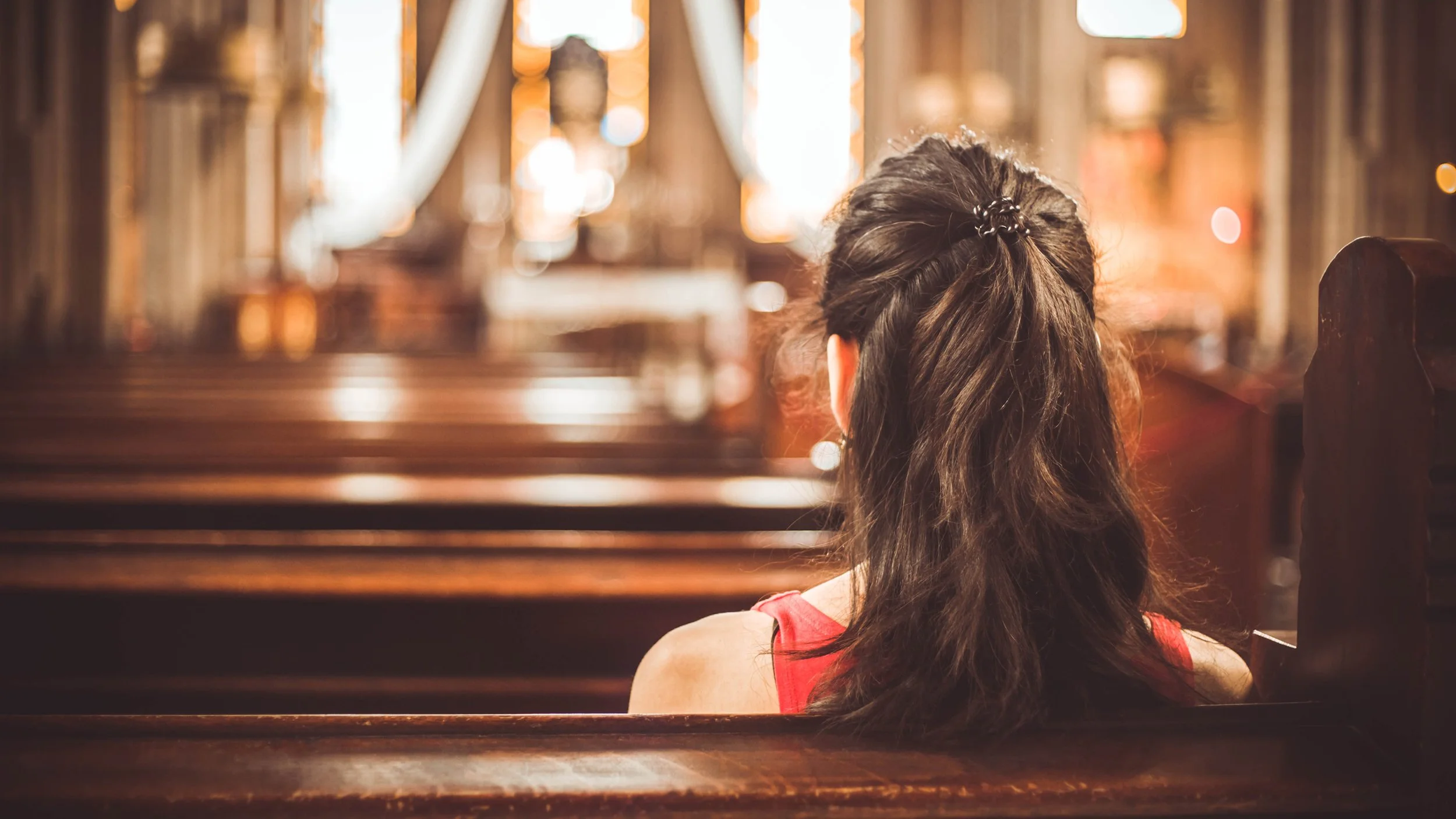by Kim Merrikin
One of REST’s earliest clients was referred to us by a pastor.
When a staff member asked how the client knew the pastor, she told us that he was a regular of hers—someone who regularly paid her for sex acts—and he came to feel guilty for his behavior and was trying to “save” her. That is, to “save her from her sins”.
Stories like this one are common. It’s not always a pastor—but maybe an elder, deacon, member, or parishioner—a professing religious man who buys sex, and then prays for the soul of the individual they exploited, sometimes right there in the hotel room or car. “Lord, she’s trapped in a life of sin, please save her.” prays the man who just paid for sex.
Over the 11+ years REST has been walking alongside victims and survivors of sex trafficking and the sex trade, we’ve heard countless stories and reasons why survivors don’t feel welcome in churches—even when they are devout Christians.
Trauma and abuse at the hands of religious people
For some, trauma and abuse at the hands of religious people—often covered up or dismissed and ignored by people claiming to be religious and institutions, too—is understandably enough to keep survivors far away from the church. It was not just an uncomfortable and unwelcoming community for them—it was a dangerous and abusive community. They never felt safe in the church to begin with.
With the rise of the #MeToo and #ChurchToo movements online over the last several years, victims of sexual harassment and abuse are speaking up. In 2019, the Houston Chronicle released a report putting the countless cases of sexual abuse and cover-ups by the Southern Baptist Convention on display, causing a landslide of new allegations and activism calling for change that is still active. In early 2021, a four-month investigation revealed that the recently deceased “world-famous Christian apologist” Ravi Zacharias was a sexual predator, using his power to abuse several women. In the last three years, there has been story, after story, after story of abuse and cover-up.
The problem is not relegated to celebrity preachers or mega-churches, exploitation knows no denomination, church size, or boundaries. Until the church is ready to have some frank discussions on the topic of sexual abuse and exploitation in its midst, it is likely to remain an unwelcoming environment for survivors.
Is the church a safer place for abusers and exploiters than it is for victims and survivors?
One survivor described an experience where she had finally worked up the courage to visit a church—she was already a believer but had avoided church due to the shame she felt over her circumstances. She entered quietly but could feel peoples’ judging eyes on her. She found a seat by herself and waited for service to start in silence.
A man entered the sanctuary—a man who had purchased sex from her in the recent past. He was warmly greeted, clearly acknowledged as an upstanding member of the community. The pastor greeted him and shook his hand.
Who is more welcome in that church?
If she had accused him that day—who would be defined by their “sin”, and who would be defined by their “good deeds”?
If she had told the pastor about the man buying sex from her, how would the pastor respond? Would he condemn the actions of the sex buyer? Would he invest in the safety and trauma recovery of the survivor? Would members of the church take personal account of how they unknowingly fed a culture where sex buyers could remain hidden? Sadly, those kinds of responses feels far-fetched. It’s more likely for the survivor to be hushed and the man to be protected and defended.
That congregation had probably heard sermons on Gomer, Hosea’s wife—maybe Jezebel, and Potifer’s Wife, too—but how many sermons on the evils of exploitation? They’ve probably heard sermons on the evils of sex outside of marriage—but how many sermons on the treachery of sexual abuse?
Is there room for nuance in the church’s discussion of sex?
“I really found my own faith, I don’t have a church home, I don’t really feel comfortable in a church, I don’t want to share my testimony because there’s still a lot of shame in it.” - Jacquelynn Loos, Survivor
One reason many survivors don’t feel comfortable in churches is because of the shame and lack of nuance in conversations around the topic of sex.
In many churches, sex is handled as an off-limits topic—and this brings a weighty shame to the conversation, if the conversation takes place at all. For survivors who have experienced high levels of trauma through sexual abuse, this can drive the shame for them even deeper—making healing harder.
In churches where it’s not off-topic, it’s often viewed in very black-and-white ways—no sex outside of cis-gendered heterosexual marriage—but doesn’t account for the vast and varied nuances conversations about sex and sexual abuse require. Conversations that beg for empathy and nuance in the church are often met with rigid defensiveness.
So, how does the church address the problem in our pews?
It must start with acknowledging that every human is created in the image of a beautiful Creator, and therefore has immeasurable worth. This includes everyone who has been sexually exploited. We must value them as God does. We must address our own internal biases associated with people involved in the sex trade and caught in sex trafficking.
We must have an honest assessment of the church's long history of harboring and protecting abusers, at the expense of victims. We must acknowledge that there are likely members in the church participating in exploitation.
Then, we can begin to evaluate what is being taught at the church—through sermons, culture, and conversations. What is being preached? Do we talk about sexual abuse and exploitation as an internal problem? Are we silent on the matter? Do we make excuses for the men in our churches who buy sex? Are we prepared to have hard and honest conversations—without getting defensive?
In order to create church environments where survivors feel welcome and safe, we have to create environments where victims and survivors are treated with dignity and honor and where abuse and exploitation are not tolerated.
REST is a non-proselytizing Christian organization. We are motivated by the love of Christ who meets each person wherever they are and offers rest from burden and shame. For us, our faith is most strongly expressed in our values of providing unconditional care, focusing on relationships, recognizing strengths, minimizing barriers, and walking with our clients on their journey to freedom, rather than acting as “saviors,” or attempting to proselytize. We don’t require faith engagement at REST. Instead, we simply offer a healing environment where survivors are free to incorporate their own spiritual beliefs or exploration in whatever way is comfortable for them.
In regards to the first story told in this blog, our staff member did confront the pastor involved but did not have enough identifying information to raise concerns to his church. It was not a pastor at the church REST was formerly associated with.

